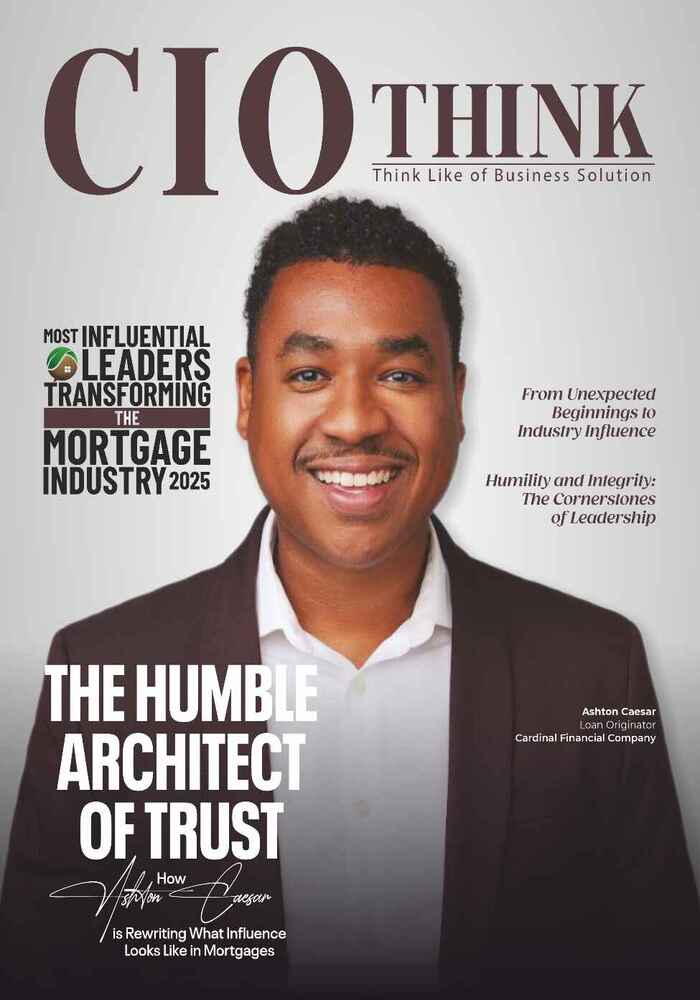Fintech is changing industries across the globe, and the mortgage industry has not been forgotten. Fintech has been a game changer in the mortgage industry, allowing consumers to better access financial products in a more streamlined and safe manner. Fintech is changing the way mortgage lenders lend and consumers borrowThanks to technological advancements like AI, blockchain and big data analytics, fintech is changing the way mortgage lending operates. In this post we look at how fintech is affecting the mortgage world and some of the trends to watch.
Streamlining Processes with Digital Lending
The archaic process of applying for a mortgage had always been cumbersome, churning through endless paperwork and approval times that could easily suck in the most well-qualified homebuyer into its own bureaucratic black hole. All of this has been altered thanks to the fintech that gave us the urban problems but also solutions in the form of digital lending platforms. These lenders use technology to simplify the entire mortgage application process — from doing initial application all the way through close of escrow on a new home. Digital lending platforms also use algorithms for measuring creditworthiness, loan eligibility decision-making and digital document processing; thus saving time and removing room for discrepancies. The borrower experience is now quicker, simpler and more transparent than it has ever been.
Enhancing Accessibility with Open Banking
Open banking is one of the most significant fintech’s to impact the mortgage world. Open banking is when financial data can be securely shared between banks and third-party organisations with customer consent. As a result, this model allows mortgage lenders to provide more individualised and competitive mortgage products based on a wider range of financial data. It makes for a more level playing field for the consumer, so they can get better rates and terms. Open banking also contributes to a more open and transparent mortgage ecosystem, where new players can drive innovation and competition.
How AI and ML can evolve the way we make decisions
AI and ML are critical in the evolution of how mortgage lenders determine the most appropriate action to take. Using these methodologies, lenders are able to process enormous data volumes in order to forecast borrowing behavior, evaluate risk and tailor loan terms. Machine learning makes rational decisions about the past to help lenders predict more accurately. This change has the potential to de-risk lenders while offering consumers better loan terms and more tailored mortgage products. AI and ML also make the loan processing faster leading to quicker approvals helping lenders serve more customers.
Strengthening Security with Blockchain Technology
Famed as a secure way to maintain transparent records, Blockchain is now bringing added security to the mortgage market. Blockchain provides a tamper-evident record of transactions and agreements that guarantees all the players in the mortgage process have the same information. This amount of transparency removes the potential for any fraudulent activities, reducing risk for both lenders and borrowers. The capacity for blockchain to record a mortgage application history from beginning to end, which is guaranteed not to be able to have its details tampered with, is the basis behind trust in the technology.
Opening Credit Doors with Big Data Analytics
Fintech has also transformed how mortgage lenders assess credit risk, in no small part through such factors as big data-driven analysis. Historically, credit scores were the chief factor in whether someone was approved for a mortgage. But this has meant many would-be homebuyers are excluded from financing because they don’t have a typical credit history. Fintech lenders are now using alternative sources of data from the big data era — including rent payments, utility bills, and even social media activity — to assess credit. This paves the way for certain individuals who may not have been able to obtain credit in the past to be eligible for a mortgage, thereby allowing more people to own homes and increasing their financial access.
The Emergence of Fintech Mortgage Lenders
Firms merging finance and technology have already started to revolutionize the mortgage world. Fintech mortgage lenders like Nesto and OneDome are ushering in a new era of home buying. These firms put in investments to incorporate the use of cutting-edge technology in every step involved in processing a mortgage – from providing loan applications and approvals, property lookup capabilities and progression into closing deals. Digital provides fintech lenders the ability to compete on rate and customer experience better than banks can in the mortgage business. Fintech lenders’ continued innovation is both challenging the status quo in mortgage, and providing the consumer with more choice and better experiences.
Confronting New Challenges and Looking Ahead
Even though there are plenty of advantages to bringing fintech into the mortgage business, it’s not all smooth sailing. Regulatory challenges, the importance of cybersecurity measures and the threat of technolocal disruption are some of barriers fintech firms will need to successfully navigate in order to ensure they survive long-term. Nevertheless, they also amount to potential fields for additional development.There are some small modifications that can be applied to the formulation of RBs whose effect could be tested. As fintech matures, we’ll probably see further cooperation between established financial institutions and fintech firms to solve those challenges and build a more secure, efficient and customer-centric mortgage ecosystem. The mortgage industry’s future is clearly digital, and fintech will drive that future.
Conclusion
The advancement of fintech and how it is taking the mortgage industry by storm. From faster loan approval to greater security and increased availability of credit, fintech is changing the way the mortgage market operates. The industry is becoming more efficient, transparent and accessible with the incorporation of cutting edge technologies like AI, blockchain and big data analytics. And with fintech changing the landscape of financial services, it seems entirely possible that the mortgage industry will undergo an even greater transformation in order to increase home ownership among a wider swath of consumers. The future of mortgage lending is digital and fintech lies at its core.






